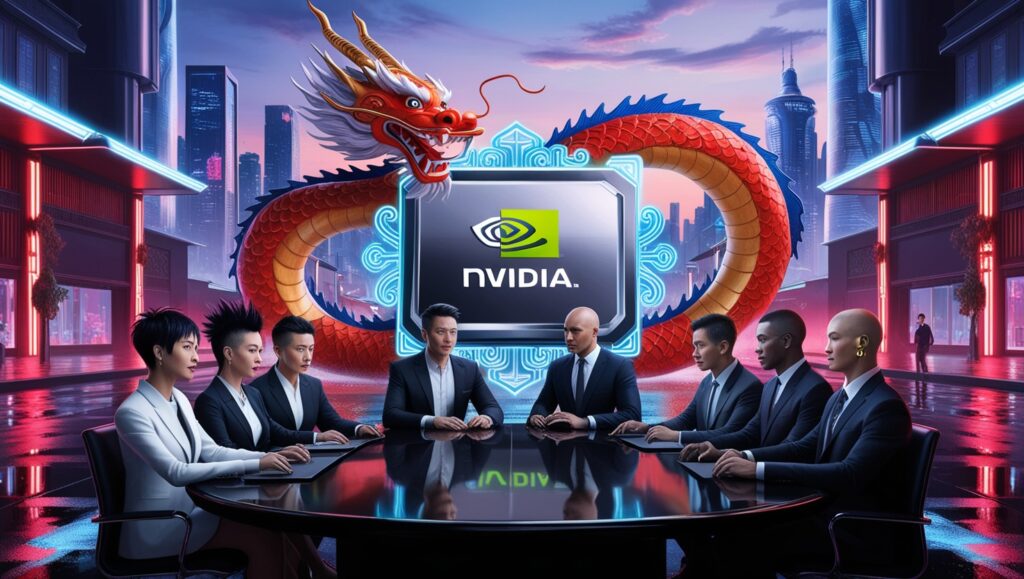According to four sources familiar with the situation, Nvidia is developing a version of its upcoming flagship AI chips for the Chinese market that would comply with the country’s present export controls.
The powerhouse of AI chips introduced its “Blackwell” chip series in March; later this year, the chips are scheduled to go into mass production. The new processors integrate two silicon squares, the same size as the prior product from the business. For example, when it comes to answering chatbot queries, the B200 in the series performs some jobs 30 times faster than its predecessor.
According to two of the individuals, Nvidia would collaborate with Inspur, a significant distributor partner in China, on the introduction and dissemination of the chip, which is being internally dubbed the “B20.” A different source informed Reuters that the “B20” is expected to begin shipping in the second quarter of 2025.
The individuals asked not to be named because Nvidia has not yet released a statement to the public.
Nvidia’s stock increased 1.4% to $119.67 in premarket trading in the United States.
In 2023, Washington strengthened its restrictions on the shipment of advanced semiconductors to China in an effort to thwart supercomputing advancements that would benefit China’s armed forces. Since then, Nvidia has created three chips with the Chinese market in mind.
The introduction of export restrictions U.S. regulations have allowed startups like Tencent-backed Enflame and Chinese tech behemoth Huawei to gain some traction in the home market for cutting-edge AI chips. The Chinese market would benefit from a Blackwell series chip from Nvidia, which would help the American company combat those obstacles.
Due to US sanctions, China’s revenue share of Nvidia’s total revenue for the year ended in January decreased to about 17% from 26% two years prior.
The H20, Nvidia’s most sophisticated chip for the Chinese market, had a rough beginning when deliveries started this year since the American company priced it lower than a competing chip from Huawei. However, two of the sources indicated that sales are currently rising quickly.
Based on estimates from research organization SemiAnalysis, Nvidia is expected to sell more than a million H20 chips in China this year, with a potential value of up to $12 billion.
The United States is expected to maintain its pressure on export restrictions pertaining to semiconductors. According to the report, China is the target of additional restrictions on chipmaking equipment from the Netherlands and Japan by the United States.
According to sources, the Biden administration is also considering putting guardrails around the most advanced AI Models, which are the core software of artificial intelligence systems such as ChatGPT.
Chip stocks fell worldwide last week after Bloomberg News reported that Biden’s administration was considering a move known as the foreign direct product rule, which would allow the US to prevent a product from being sold if it was manufactured using American technology.








